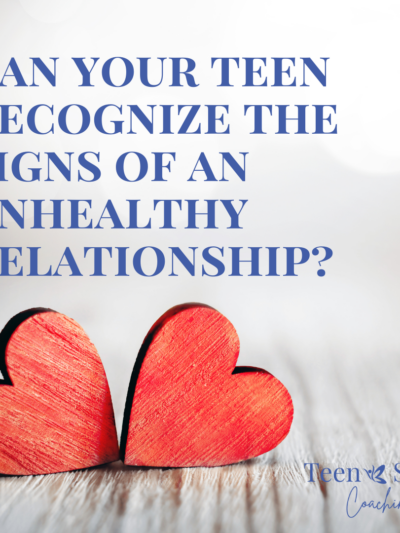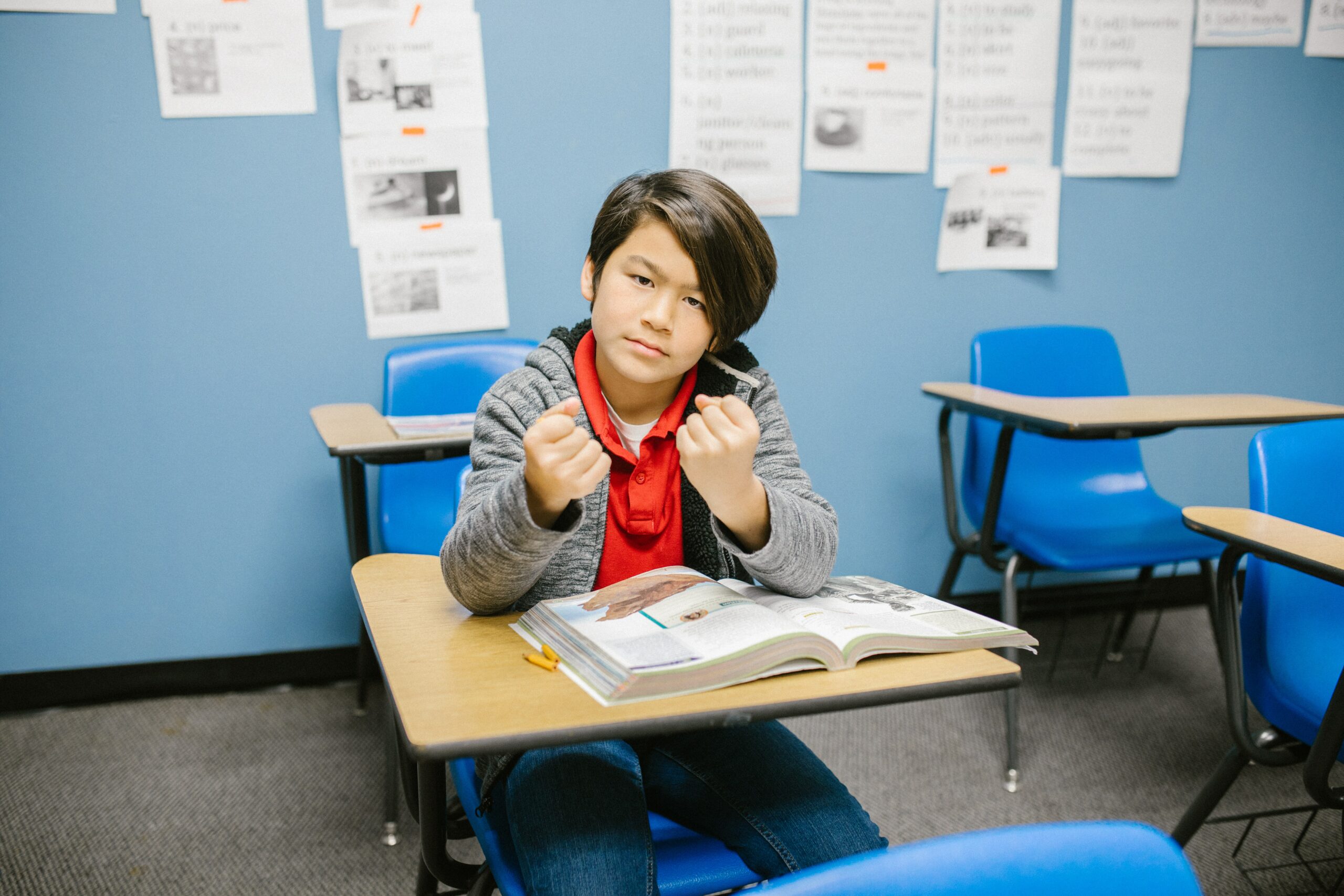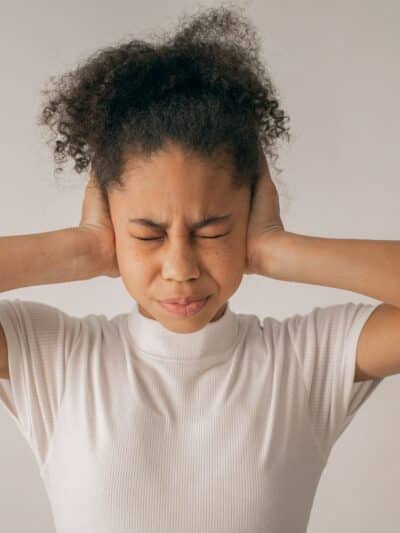Is Love in the Air?
It’s the month of Valentine’s Day. Maybe love is in the air for your teen? (And maybe not–both scenarios are totally normal for the age group.) Whether your teen is managing a romantic relationship of their own or is a bystander to the relationship of one of their peers, it’s important for all adolescents to recognize the signs of unhealthy teen relationships.

The Rollercoaster of Teen Romance
The tendency for teens to feel emotions with great intensity, combined with teens’ being beginners at relationships, are also the same reasons that many fail to notice when a relationship has shifted from healthy to unhealthy. They don’t have any frame of reference for what’s okay and what’s not behavior-wise, plus they are used to big emotional reactions–their own and those of others. Thus, teens are at risk for overlooking negative communication patterns that can lead to major psychological and emotional damage if not confronted.
Caregivers as a Source of Guidance
Most parents are in the habit of reminding their children to make healthy choices: wear sunscreen, drive safely, eat a balanced diet. Just as your teens benefit from your reminders to tend to their physical health, they also need your input on how to manage their psychological and interpersonal health, which includes delving into the nuances of healthy and unhealthy relationships.

Recognizing Signs of Unhealthy Relationships
Possessiveness:
- Help your teen understand that possessiveness is not a marker of genuine care. In a healthy relationship, there’s trust and respect for each other’s independence.
Privacy Invasion:
- Discuss actions like checking the partner’s phone or hijacking their social media account. Healthy relationships thrive on trust and respect for personal boundaries.
Constant Monitoring:
- Highlight the difference between caring and controlling. In an unhealthy relationship, one partner may need to know the other’s whereabouts all the time, leading to feelings of suffocation.
Jealousy:
- Explore the nuances of jealousy. Sometimes teens mistake their partner’s jealousy for a sign of adoration–that their partner wants them all to themselves. Explain that healthy relationships are built on trust and that both partners should have the freedom to forge platonic connections with other peers outside of the relationship.
Imbalanced Priorities:
- Discuss how a healthy relationship involves mutual consideration of each other’s preferences, needs, and wants. In contrast, an unhealthy relationship may prioritize one partner’s needs over the other.
Manipulation and Punishment:
- Shed light on manipulation tactics such as blaming, lying, minimizing, and playing the victim. Healthy relationships involve open communication, conflict resolution, and a willingness to take responsibility for one’s actions, especially when those actions accidentally hurt the other partner.
Communication Issues:
- Address communication patterns such as giving the silent treatment or constantly pointing out a partner’s flaws. Partners in a healthy relationship build each other up.
Isolation:
- Sometimes, teens will insist their partner cut back their social ties outside of the relationship as proof of commitment, leading to isolation. Healthy relationships encourage a balance between personal space and shared time.
Overwhelming Demands:
- Explore scenarios where the relationship hinders the pursuit of other passions and interests. Healthy relationships support individual growth and personal pursuits.
Initiating conversations with your teen about healthy relationship dynamics is a crucial aspect of their emotional development. By understanding the signs of unhealthy relationships and promoting open communication, parents can empower their teens to navigate the complexities of teenage romance with increased confidence and resilience.








 How to Handle Teen Parties when You don’t Know the Host
How to Handle Teen Parties when You don’t Know the Host
Leave a Reply